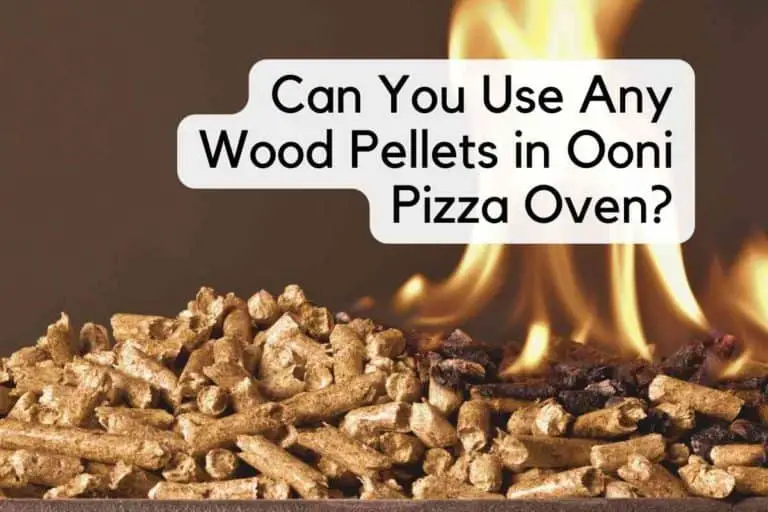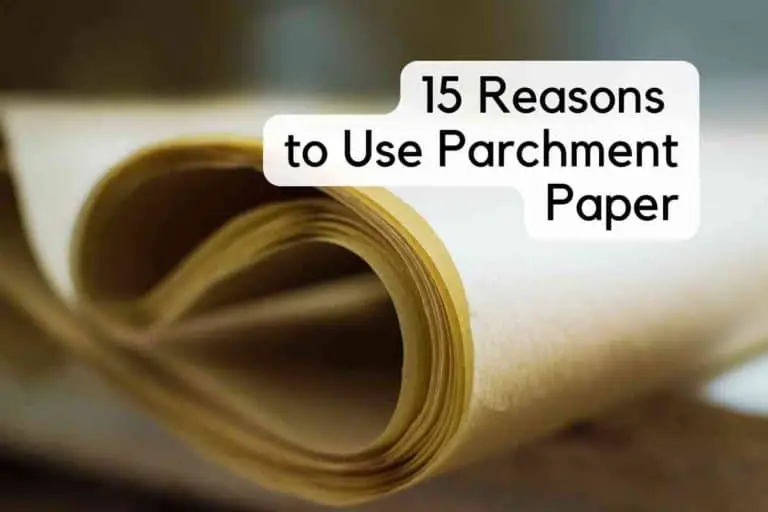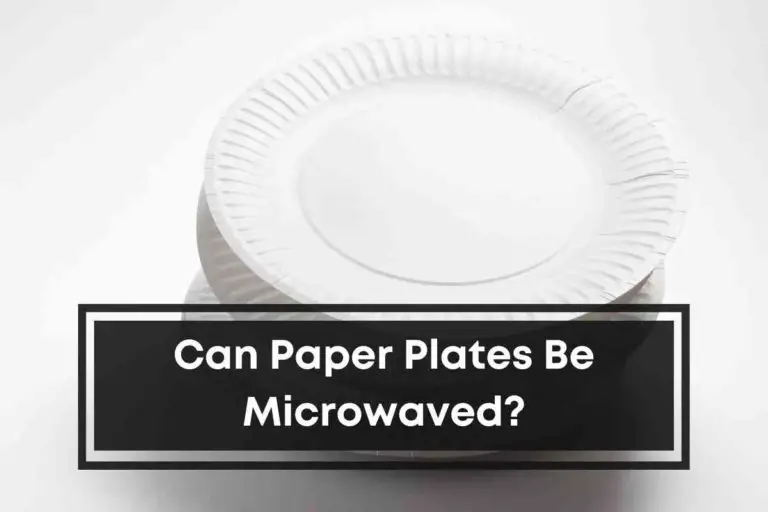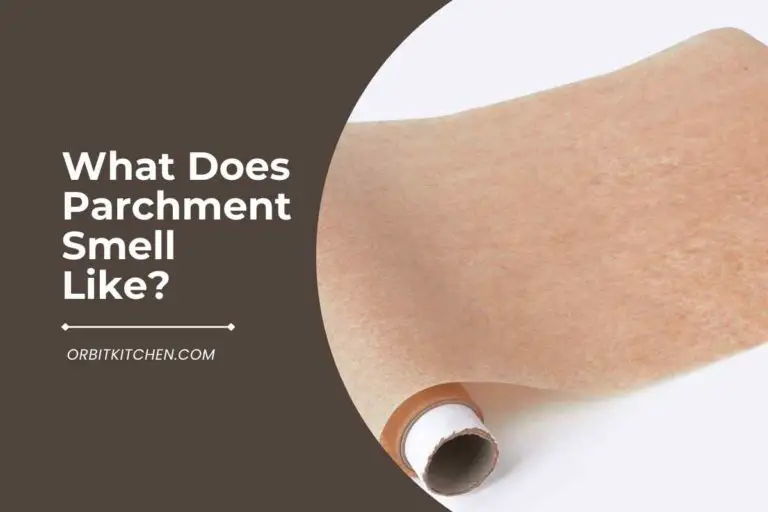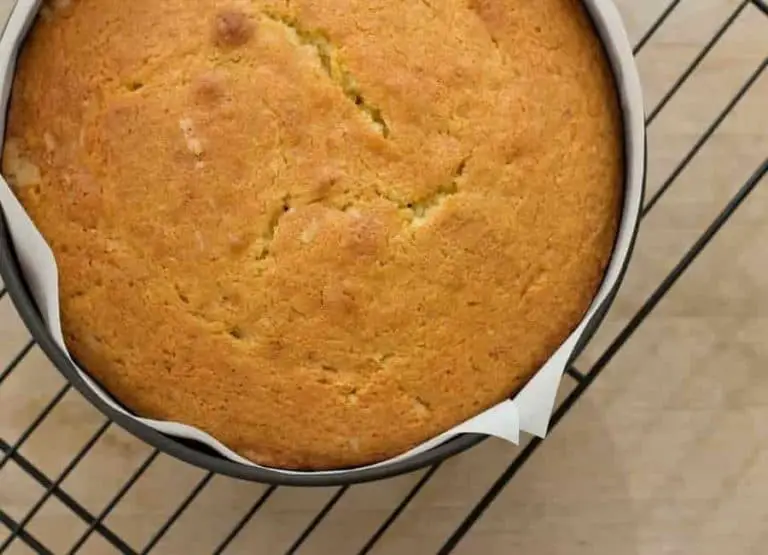Should I Butter Parchment Paper [Here’ the Truth]
Parchment paper can be a baker’s best friend in baking. It provides an easy way to line baking pans, but some people swear to butter their parchment paper before use. And it becomes one of the most commonly asked questions should I butter parchment paper?
No, you don’t need to butter parchment paper, as it is non-stick. Parchment paper is coated with a thin layer of silicone; creating a nonstick base for your baking helps to prevent sticking and makes cleanup easier. This paper is also oven-safe, so you can bake your food directly on the parchment paper without worrying about burning it.
By following this guide, you will be able to understand under what conditions you should use butter on your parchment paper or what the pros and cons of it are.
If you are interested in checking out the best parchment paper, you can find them on Amazon here.
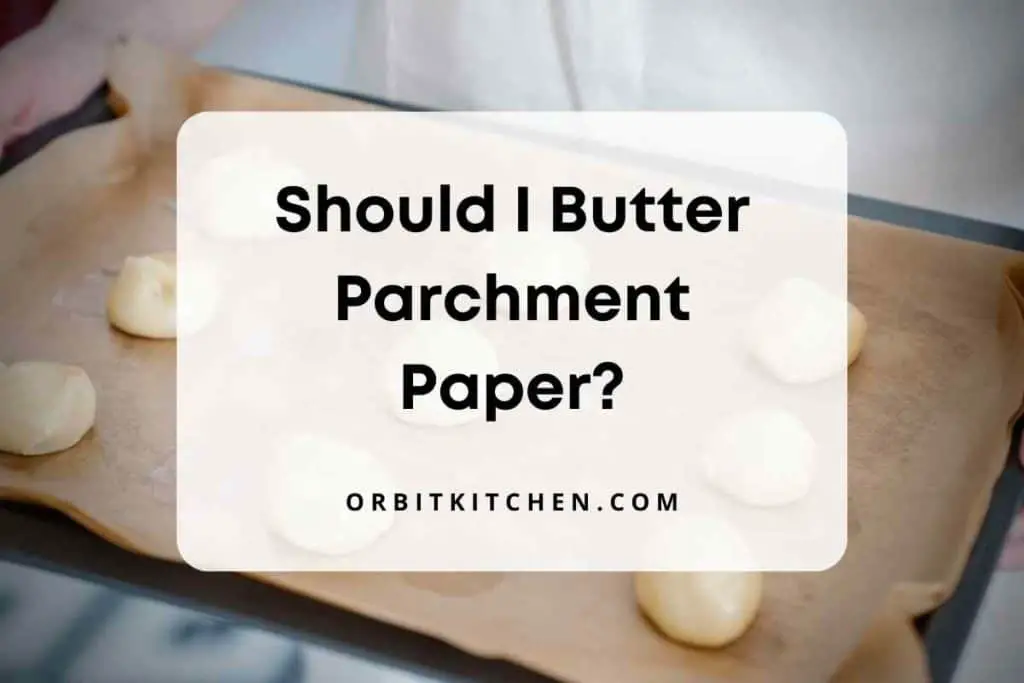
Why Do You Use Butter on Parchment Paper?
If you are baking something likely to stick, such as a sticky bun or a pizza, then you may want to butter the parchment paper to help prevent sticking.
On the other hand, if you are baking something that is not likely to stick, such as cookies, you may not need to butter the parchment paper.
But there are also many reasons to use butter on parchment paper when baking, such as
1. Acts as a Greasing Agent
Butter is used as a greasing agent and a coating on parchment paper to prevent sticking. Butter on parchment paper is also used to line baking pans, and as compared to other oils and sprays, this is a healthier alternative.
2. Butter Adds a Delicious Flavor to Baked Goods
The reason to use butter on parchment paper is for flavor. Butter adds a delicious flavor to baked goods, and using it on parchment paper helps to distribute that flavor evenly. It keeps the food from drying out.
3. Prevents Tearing of Parchment Paper
The buttered parchment paper allows the cake or pizza to slide right out of the pan and onto the cooling rack. This means there is no need to worry about the tricky or sticky food tearing or crumbling.
What Type of Butter Is Best to Use on Parchment Paper?
The best type of butter to use on parchment paper is “Clarified butter.” It is made by slowly heating butter and allowing the water and milk solids to evaporate. This leaves behind the pure butterfat, which has a high smoke point and won’t burn as quickly.
However, many other types of butter, such as salted and unsalted; people also like to use unsalted butter on parchment paper. This is because unsalted butter has a lower salt content, which means it won’t affect the taste of the food as much. Ultimately, it comes down to personal preference.
Read Also: What Does Parchment Smell Like
How Do You Use Butter on Parchment Paper?
You can use butter on parchment paper in a few different ways. Here’s the easiest way to butter your parchment paper below:
- Preheat your oven to the temperature specified in your recipe.
- Cut a piece of parchment paper to fit your baking pan. Be sure to line up the baking tins with parchment paper perfectly.
- Place the parchment paper in the baking pan.
- Place the butter in a small saucepan over low heat.
- Melt the butter.
- Use a pastry brush to brush the melted butter onto the parchment paper.
- Instead of melting, you can cut the butter into small pieces and place them on parchment paper.
- Make sure to coat the entire surface of the parchment paper evenly.
- Place the pan in the oven and bake according to your recipe instructions.
What Can You Use Instead of Butter on Parchment Paper?
Many substitutes for butter can be used when baking on parchment paper, such as cooking spray, oils, nonstick mats, etc. Each of these substitutes will work similarly to butter, providing a fatty barrier that will help to prevent sticking and make cleanup easier.
The following are four alternatives that you can use to grease parchment paper instead of butter:
- Use of Margarine
- Non-Stick Cooking Spray
- Shortening
- Use of Essential Oils
1. Use of Margarine
Margarine is a type of butter alternative that is made from vegetable oils. It is used as a spread in baking and cooking, so you can try using margarine. However, remember that margarine has a strong flavor, so you may want to use a little less than butter.
2. Non-Stick Cooking Spray
This is a good option if you want something quick and easy to use. Simply spray the parchment paper with the cooking spray, and then proceed with your recipe.
3. Shortening
Shortening has a higher melting point than butter, which makes it ideal for baking pies and pastries. You can try using shortening. Simply coat the parchment paper with a thin layer of shortening, and then proceed with your recipe.
4. Use of Essential Oils
You can also use olive oil or coconut oil to grease parchment paper. This is a good option if you want something that will provide a little flavor to your food. Simply drizzle a bit of oil over the parchment paper and then proceed with your recipe.
Read Also: Can You Freeze Parchment Paper
Pros and Cons of Using Butter on Parchment Paper:
Here are the Pros and Cons of Using Butter on Parchment Paper:
Pros:
- Butter adds flavor to baked goods.
- Butter is solid at room temperature, so it won’t slip and slide like an oil can. It also has a lower melting point than most oils, so it’s less likely to cause the parchment paper to smoke and catch fire.
- Parchment paper is grease-resistant, so your butter won’t soak into the paper and make it soggy.
- Using butter on parchment paper can help food cook more evenly.
Cons:
- Butter can melt and make a mess if not used properly.
- By excessive heating, butter can burn quickly, so it requires careful monitoring.
Conclusion
To sum up, there is no need to butter parchment paper, as it is already coated with a silicone release agent. This agent prevents food from sticking to the paper and makes cleanup a breeze. Parchment paper is also oven-safe, so there is no need to worry about it burning or melting.

